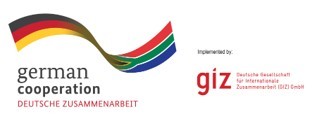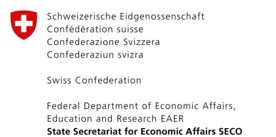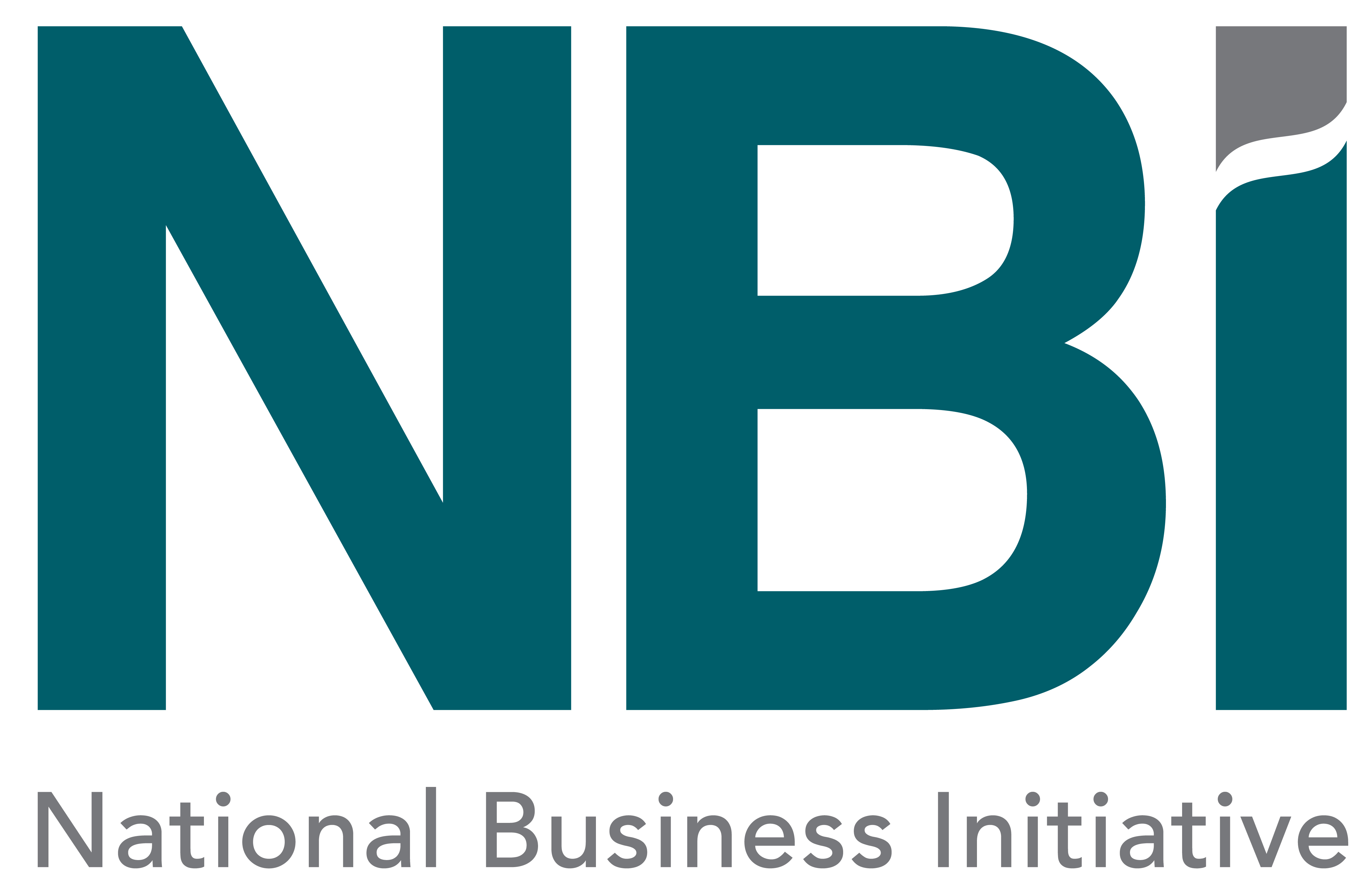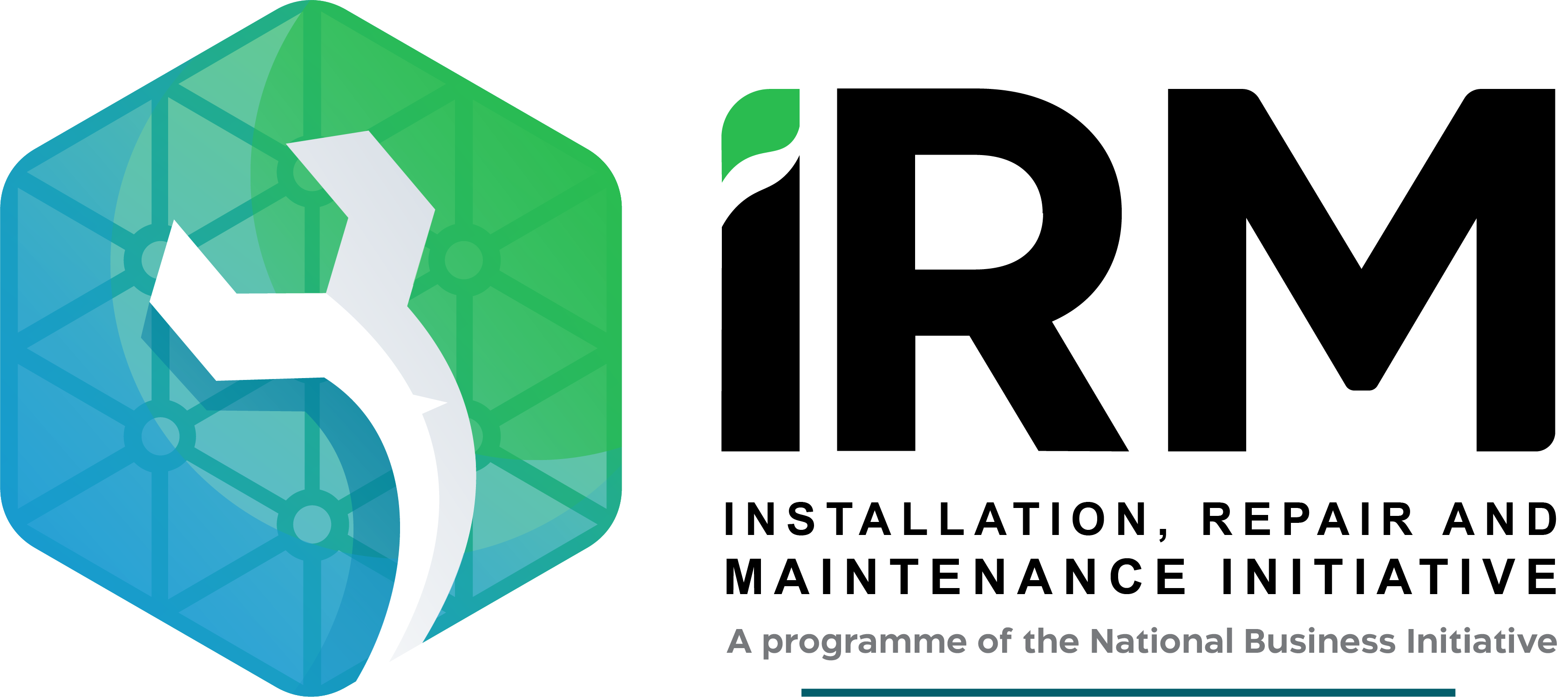Nine priority focus areas for the green economy in South Africa (Green Economy Summit, 2010)
Agriculture
Green agriculture means farming in a way that doesn't harm the environment. It includes using fewer chemicals, saving water and protecting wildlife while growing our food.
Energy (clean and efficient)
Clean and efficient energy means using power sources like the sun and wind, which don't cause pollution. It also means using less energy by making our machines and buildings work better.
Natural resource conservation and management (including mining)
Natural resource conservation and management is about being careful with our land and other natural resources. When we mine, we should do it in a way that minimises damage to nature, and we should use resources wisely so they last a long time.
Sustainable transport and infrastructure
Sustainable transport means using greener ways to get around, such as electric cars and public transport. Sustainable infrastructure means constructing roads and buildings that are kinder to the environment.
Environmental sustainability, including tourism education
We need to learn how to protect nature and teach others to do the same, especially in the tourism industry. That way, we can enjoy beautiful places without harming them.
Green buildings and the built environment
Green buildings are designed to save energy and use eco-friendly materials. The built environment refers to human-made infrastructure and amenities. Ensuring a green built environment is about building houses, offices and factories that do as little harm as possible to Earth, and to the people who live and work in them.
Sustainable waste management and recycling
To protect our planet and humanity’s future, we should create less waste and recycle more of the items we now throw away. Opportunities include the installation of public recycling bins labelled according to the waste collected in each (i.e. glass, paper, plastic, etc.), and the installation of new, and the repair of existing, public signage promoting good recycling and waste management behaviour.
Water management
Using water wisely and keeping it clean is important because without potable water humanity will die. We also use water in most industrial processes. This means that we should use water carefully in farming and industry and make sure our rivers and lakes stay clean.
Sustainable production and consumption
This involves making products and items that last longer and can be used again. It also means buying only the things we really need, thus reducing waste.





